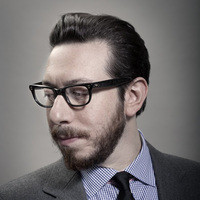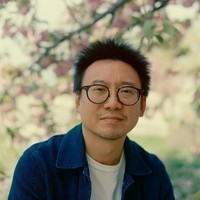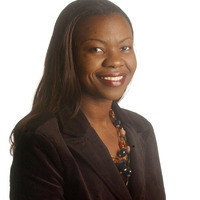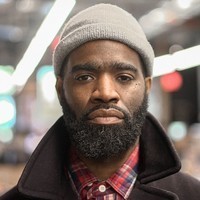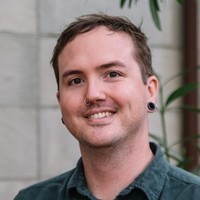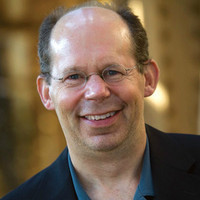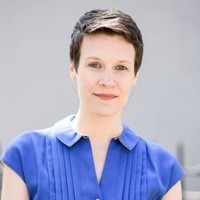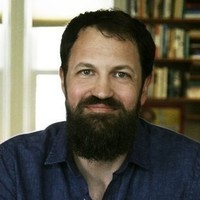Cracking the Scratch Lottery Code
“I’m not the kind of guy who hears voices. But that night, as I passed the station, I heard a little voice coming from the back of my head…‘If you do it that way, if you use that algorithm, there will be a flaw. The game will be flawed. You will be able to crack the ticket. You will be able to plunder the lottery.’”



